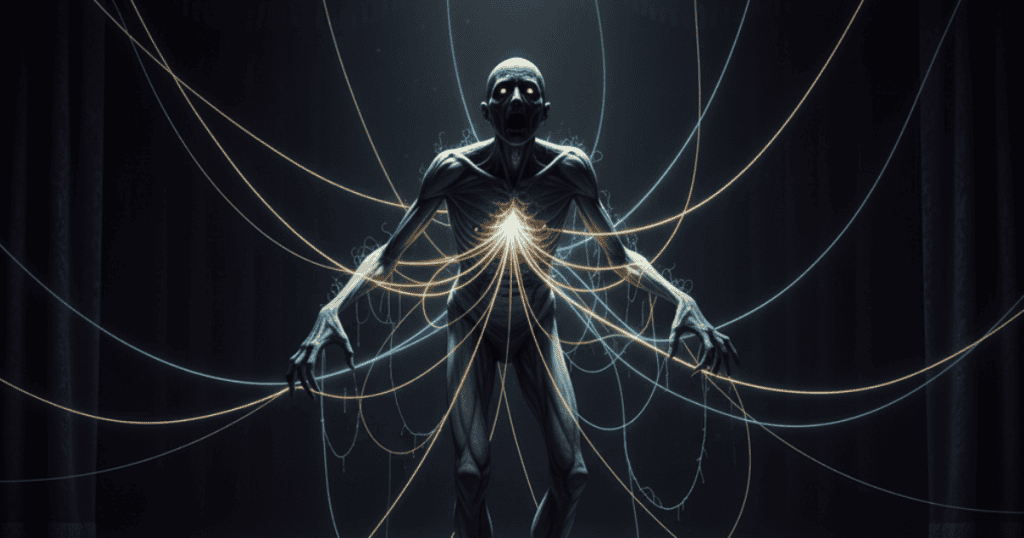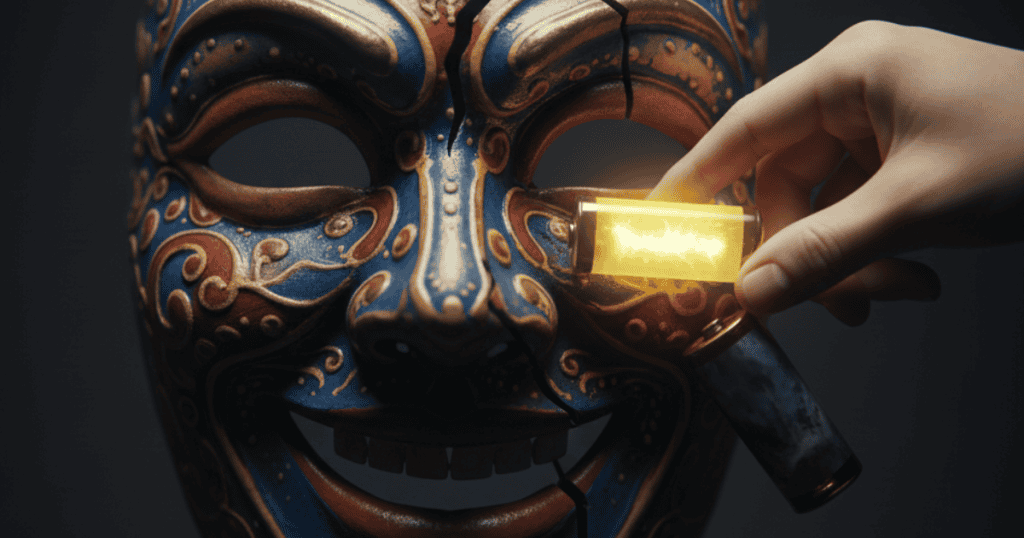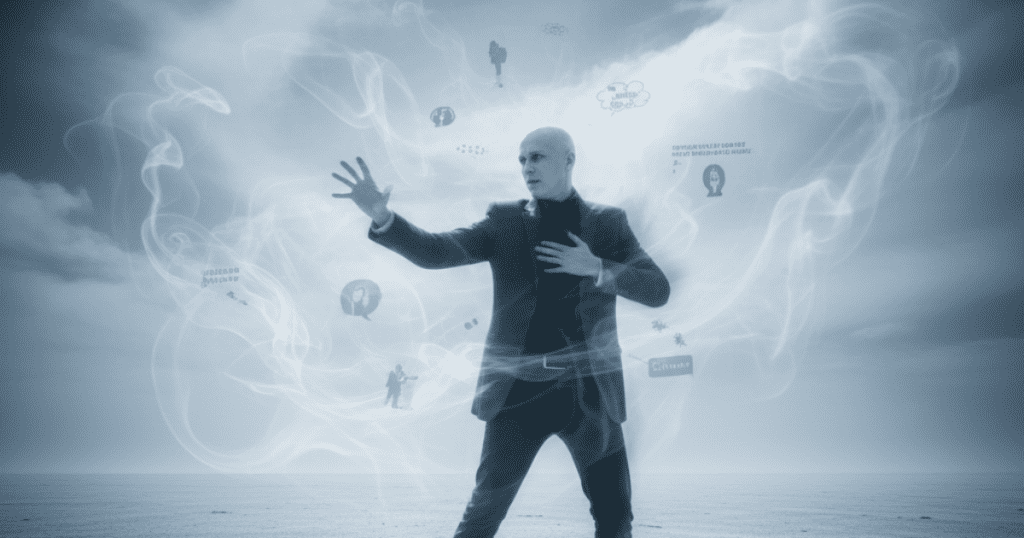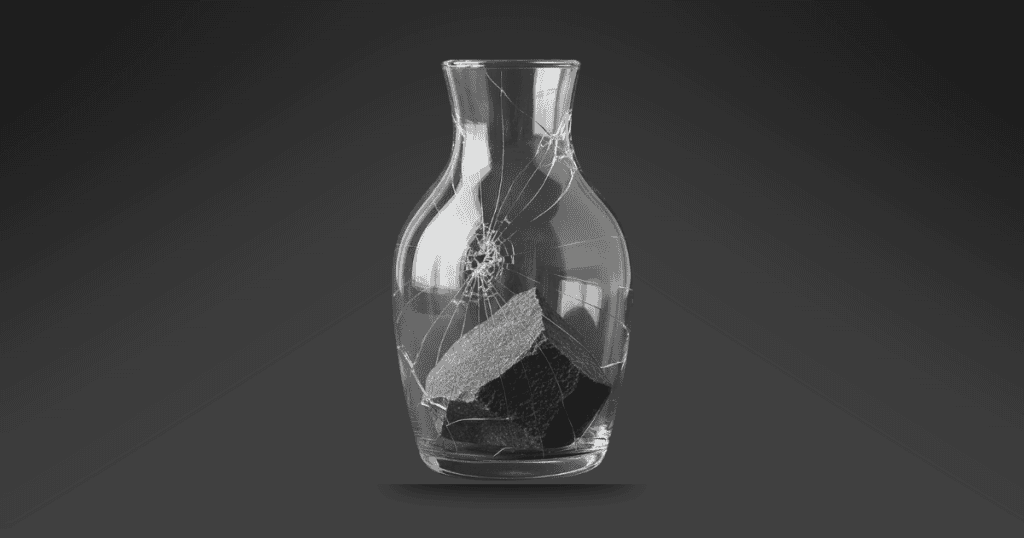Narcissists act like they’re powerful and independent, the kind who “don’t need anyone.”
But truthfully? Nothing scares them more than being alone.
I learned that by watching my own family unravel in quiet moments.
My mother, for instance, couldn’t bear silence.
If the house got too calm, she’d suddenly start criticizing, lecturing, or calling relatives to stir something up.
My sister inherited that same trait.
After every argument, she’d storm off, only to reappear hours later pretending nothing happened, just so she wasn’t left alone with herself.
At the time, I thought they just “liked noise.” Later, I realized it was deeper.
They couldn’t handle being alone because being alone meant being without an audience, without someone to feed on.
And the reason isn’t mysterious at all. It’s survival.
Narcissists can’t generate their own sense of worth.
They need a constant supply of admiration, attention, fear, or control to feel like they exist.
Table of Contents
Alone Means Empty for a Narcissist

Most people imagine narcissists as overflowing with confidence. Bold, self-assured, even magnetic.
But what’s often missed is that all of that bravado is hollow.
It’s not self-confidence. It’s self-construction.
They build an identity out of mirrors, other people’s reactions, opinions, and emotions.
The problem is, mirrors don’t give warmth. They reflect.
When those mirrors disappear, so does the narcissist’s sense of self.
I saw this every time my toxic mother’s “audience” thinned out.
When people stopped visiting or my narcissistic siblings stopped engaging, she’d spiral.
She’d walk from room to room, opening and closing cabinets, muttering that “no one cares anymore.”
Then, within hours, she’d find a way to reassert her presence.
Maybe by calling a family member to complain about someone else, or guilt-tripping one of us into an argument.
At the time, I mistook that as attention-seeking. But it wasn’t.
It was desperation, her attempt to refill a self that couldn’t sustain itself.
Without people to admire or fear them, narcissists are confronted by the one thing they can’t bear: their own emptiness.
They don’t have an inner sense of who they are when no one is watching.
That’s why silence feels like suffocation to them. And that’s why they chase chaos.
For them, drama is better than the nothingness that waits in solitude.
If you’ve ever wondered why a narcissistic parent suddenly picks fights when everything’s peaceful, it’s because peace threatens their survival.
Peace leaves them alone with themselves, and there’s nothing there to hold on to.
Why Narcissists Can’t Be Alone

They Run on External Validation
To understand a narcissist, imagine a phone that can never hold a charge.
Every compliment, every argument, every moment of attention gives them a brief spark, but the battery drains almost instantly.
They need a constant power source: people.
When the flow of validation stops, they feel irrelevant. And for a narcissist, irrelevance equals death.
I saw this in my toxic brother constantly.
As kids, he couldn’t stand it if I got praised for anything.
If my father complimented my report card, my brother would suddenly “remember” a project he needed help with, so the focus shifted.
In adulthood, it evolved.
When our cousins praised my career, he’d find ways to mock it: “Must be nice to sit at home and type for a living.”
That was a power move. To drain the validation I’d received and redirect it back to himself.
For them, validation isn’t a nice bonus. It’s air.
They run on it. They hoard it. And when you withdraw it, they panic.
That’s why when survivors cut off narcissists, these toxic ones don’t quietly move on.
They rage, smear, or “love bomb” their next target.
They can’t stand still because stillness means emptiness.
Control Requires an Audience

Every narcissist needs an audience.
Even when they’re not performing, they’re controlling.
Control isn’t a side effect of narcissism. It’s the mechanism that sustains it.
To control is to exist.
I saw this pattern in my controlling sister.
Her confidence was built on dominating conversations and situations.
When she couldn’t dictate the emotional temperature of the room, she’d become irritated.
She would tap her fingers, sigh dramatically, and ask loaded questions like, “So… no one’s going to ask my opinion?”
When my dad once took the lead during a family decision without consulting her, she sulked for days.
The moment he left town, she tried to “reorganize” everything in his absence.
She needed to feel in charge because that illusion of dominance was what kept her ego intact.
Without people to push, provoke, or impress, narcissists lose their structure.
Alone, their so-called power disappears.
There’s no one to command, no one to manipulate, no one to mirror their “superiority.”
That’s why their independence is always conditional. They can only feel strong if someone else is weaker.
Silence Forces Them to Face Themselves
Silence is a mirror they can’t shatter, and that’s terrifying for narcissists.
When they’re alone, there’s no noise to distract from the shame underneath their ego.
The emptiness they feel isn’t boredom. It’s self-avoidance.
I remember once going low-contact with my mom.
The first two days were eerily quiet. No messages, no guilt trips.
By the third day, she called my cousin, saying she was “worried” about me.
By the fourth, she showed up unannounced, pretending she just happened to be in the area.
But beneath that “concern” was panic.
The silence had forced her to sit with her own reflection. One without control, without attention, without significance.
She couldn’t bear it.
That’s why narcissists fill their solitude with noise: constant scrolling, gossip, or projection.
Anything to avoid the silence that reveals how empty they feel inside.
It’s not that they can’t be alone. It’s that being alone forces them to face the one truth they’ve spent their whole lives running from.
That, without supply, they have no self.
What Happens When Narcissists Are Left Alone

When a narcissist is left without supply, the reaction is almost textbook.
They would panic, rage, self-pity, and then the frantic search for new victims.
When my aunt finally ran out of people to control, it was like watching a puppet with cut strings.
She had built her whole world on being “the strong one,” the family matriarch who “kept everyone in line.”
When no one answered her calls anymore, she shifted tactics.
Suddenly, she became “the victim.”
She posted quotes about betrayal, hinted that she’d been “abandoned,” and even reached out to distant relatives she hadn’t spoken to in years.
Each move was an attempt to rebuild her audience.
But when the performance fell flat, she began to unravel.
Depression, paranoia, and frantic messaging, all symptoms of withdrawal from her narcissistic supply.
Narcissists don’t cope well with isolation because their emotional regulation depends entirely on others.
They can’t self-soothe or reflect.
And they can’t differentiate between solitude and abandonment, which both feel like annihilation.
So they do what addicts do when deprived of a fix: they seek it elsewhere.
That’s why, after breakups, narcissists often move on instantly.
After losing control of one family member, they target another.
They can’t metabolize loneliness, only mask it.
Their “independence” is performative.
They claim they’re fine on their own, yet they can’t sit in silence without unraveling.
True strength is the ability to be with yourself without collapsing.
Narcissists can’t do that, and they know it. That’s why they’ll never admit it.
Their Neediness Is Their Weakness

For years, I believed I could be the one to fix my family’s dysfunction.
I tried to be patient, rational, understanding, the emotional buffer that held everything together.
But narcissists see compassion as currency.
The more you give, the more they take.
When I started therapy and slowly began setting boundaries, everything changed.
Suddenly, I was “selfish,” “cold,” “disrespectful.”
My mother called relatives to tell them I was “different now,” and my sister said I had “forgotten my roots.”
What they couldn’t stand wasn’t my distance. It was my autonomy.
When you stop feeding their need for control, you expose their dependency.
Narcissists hate being reminded that their so-called strength depends entirely on the people they demean.
That’s the paradox of narcissism: they act superior but live in emotional poverty.
They present power but are sustained by dependence.
And that’s where survivors often get trapped, trying to be “enough” to fill that endless void.
You can’t. No one can.
As my dad once told me, “You don’t fix a fire by standing in it. You step back and let it burn itself out.”
It took me years to understand that the narcissists weren’t just emotionally needy. They were emotionally bankrupt.
Their entire existence revolved around avoiding the truth that they were hollow inside.
That’s not power. That’s weakness wearing armor.
They can’t be alone because without someone to feed on, they have nothing.
And that’s their biggest weakness.
Related posts:
- Why Narcissists Tear Down Attractive People (And How to Reclaim Your Starlight)
- Why Narcissists Cheat (And It’s Darker Than You Think)
- The Dark Triad: Why Narcissists, Psychopaths, and Manipulators Feel So Familiar
- Why Narcissists Force You to Replay Conversations (And How I Hit ‘Stop’ for Good)?
- Why Narcissists Get Away With Everything (And Society Calls You ‘Crazy’)?



Thank you for your information. I struggle with Narcissistic abuse/CPTSD and your articles have helped me sort out my interactions with family members and others from a smearing campaign.
Thank you
Tim
Hi Tim,
I’m so happy to hear that.